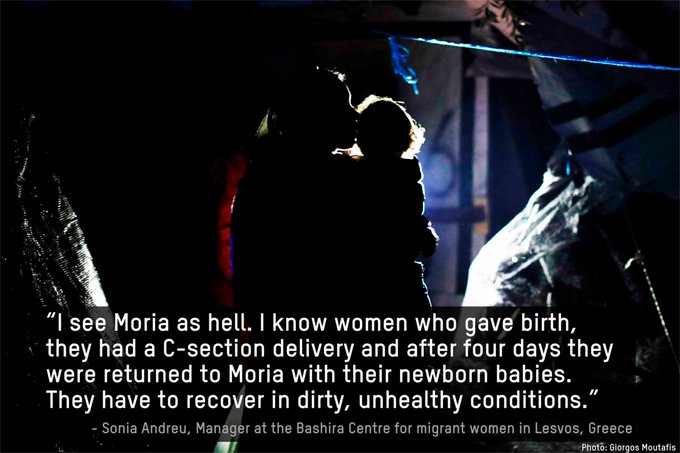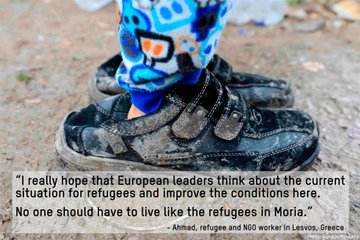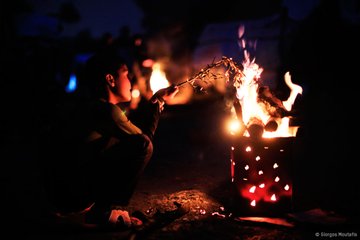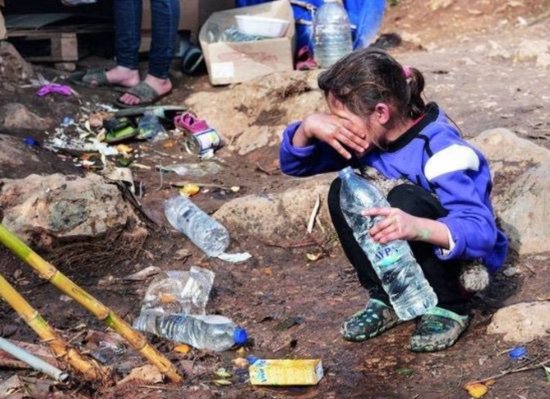
In anticipation of what could be a new wave of migrant arrivals, Greece’s Prime Minister Kyriakos Mitsotakis on Friday announced that his administration will upgrade its patrolling operations and deploy 1,200 additional border guards to “shut the door” to migrants not entitled to stay.
94 Refugees, Migrants Rescued Off Libya’s Coast
“In Greece are welcomed only those we choose. Those who are not welcomed will be returned,” PM Mitsotakis said and added that doors will remain closed to “those who are not entitled to asylum.”
Since he took office in July, migration control has become his top policy priority, for Greece has about 80,000 refugees.
“Migration is his administration’s main obsession, for it is also the Greeks’ greatest concern,” outlet El Periodico reported and recalled that the Greek refugee camps are housing about 37,000 people, although they only have a capacity for only 5,000 people.

Oxfam International✔@Oxfam · Nov 22, 2019Replying to @Oxfam
A few years ago, detaining people who have suffered under war and persecution was unthinkable in Europe – now, it has become reality.
The Greek government’s decision to lock up people seeking asylum is simply unacceptable. 2/4#MigrationEU #RefugeesWelcome


People seeking asylum in #Greece have fled war, persecution + suffered under horrific conditions in refugee camps on the Greek islands. The majority of them are children. They came to Europe for protection – now the Greek government want to put them behind bars. 3/4 #MigrationEU


115:55 PM – Nov 22, 2019Twitter Ads info and privacySee Oxfam International’s other Tweets
Over the last four years, Greece has been the main gateway into the European Union (EU) for more than a million people fleeing conflicts in other countries, two of which are Turkey and Lybia.
Several international charities have denounced the dramatic situation which is taking place in the Greek islands where thousands of migrants remain practically imprisoned.
In Moria, for example, “there’s a chronic shortage of toilets and showers; the quality of the food is terrible; people sleep rough outside or in cramped, flimsy tents,” The New Humanitarian reported.
“There are suicide attempts, including among children; domestic violence increases; small sparks lead to fires; people have died.”

Bambino di 9 mesi morto per disidratazione nel campo di #Moria a #Lesbo. Accade in #Europa.#facciamorete #RestiamoUmani #Grecia #dirittiumani #rifugiati #profughihttps://www.diritti-umani.org/2019/11/bambino-di-9-mesi-morto-per.html …

266:30 PM – Nov 18, 2019Twitter Ads info and privacy41 people are talking about this
“A nine-month-old child died from dehydration at the Moria camp in Lesbos. It happens in Europe.”
The Mitsotakis administration wants to move up to 20,000 people to the mainland by the end of the year and expects that new facilities will be ready by July 2020.
Doctors Without Borders (MSF) warned that, although may provide better living conditions, the new centers could eventually turn into prisons for people.
Detention centers “may become prisons at the end of the day, and will not treat people as humans. They will treat them as problems,” MSF president Christos Christou stressed.
People detained there will not have the freedom to exit the facilities, he said, while non-governmental organizations will have no access inside.
Human rights defenders have also criticized a new framework to speed up the processing of asylum requests as a “rushed” attempt that would impede access to a fair asylum process for refugees.


